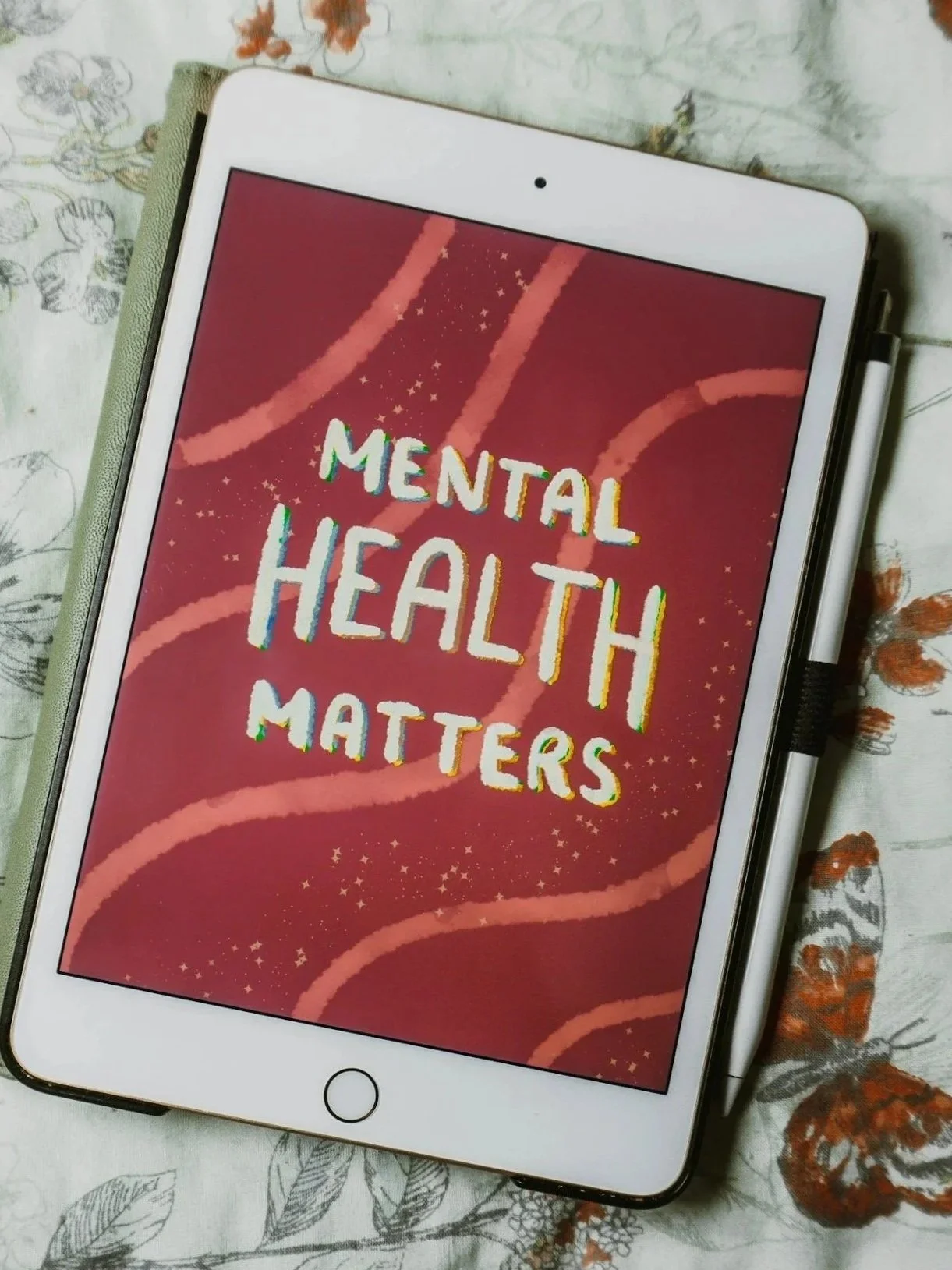Mental Health IS Health: Everyday conversations that reduce stigma
We often treat mental health as separate from physical health, as if it’s optional, invisible, or secondary. But the truth is, mental health is foundational. Chronic stress, anxiety, and trauma don’t just affect our minds — they shape our bodies, our immune systems, our sleep, and our long-term health outcomes.
Just as we teach kids to brush their teeth or eat vegetables (though admittedly I am not winning the veggie battle in my house), we can teach them to check in with their emotions, name their feelings, and ask for support. Mental wellness should be as routine and normalized as physical wellness.
In a recent interview on WESH 2 News, I spoke about the importance of incorporating regular mental health check-ins with our kids. These don’t need to be intense or dramatic. They can be simple, playful, and woven into everyday life. For younger children, it might be an emotional weather report (“If your feelings today were a kind of weather, what would they be?”) or a feelings temperature check. For teens, if they aren’t into direct questions about how they are really feeling, you can try connecting through their world with something like, “If your feelings today were a song or a meme, what would it be?”. Not everyone responds to the same sort of check-in, and there is no right way to do it, so whatever works for your family that normalizes talking about emotional wellness is perfect.
Just like we promote physical health through daily habits (movement, nutrition, sleep) we can nurture mental health through emotional check-ins, and promoting connection, a sense of safety, self-awareness, and coping skills. And as parents or adults who support kids, our own emotional awareness and self-care matter too. Modeling how we navigate challenges and tend to our own wellness gives kids permission to do the same.
Mental health isn’t just about responding to crisis, it’s about ongoing care, for ourselves and those we love. And when challenges do arise, it’s vital to remember that just as physical concerns can be treated, so can mental health concerns. Support exists.
Yet too often, those who are struggling don’t access the help they need, and stigma plays a big role in that. Stigma tells us that emotional pain is weakness, that asking for help is shameful, that we should hide what hurts. But every time we talk openly about our mental health, every time we check in with a child, a friend, or ourselves, we push back against that narrative.
Let’s keep talking. Let’s normalize the idea that struggling is human, and reaching out is brave. Because mental health is health, and healing is possible.
Mental Health Crisis Line and Therapist Directory
988 Suicide & Crisis Lifeline
Call or text 988 for 24/7 support for anyone in emotional distress, suicidal crisis, or needing mental health help.
Spanish line: 1-888-628-9454
Online chat: 988lifeline.org
Find a Therapist
I offer telehealth therapy services for adults across the state of Florida, and in-person services for kids and teens in Orlando/Maitland/Winter Park area (email Kimberly@LifeInFocusTherapy.com or click here to schedule a free phone consultation).
Use Psychology Today’s Therapist Directory to search for licensed professionals in your area.

